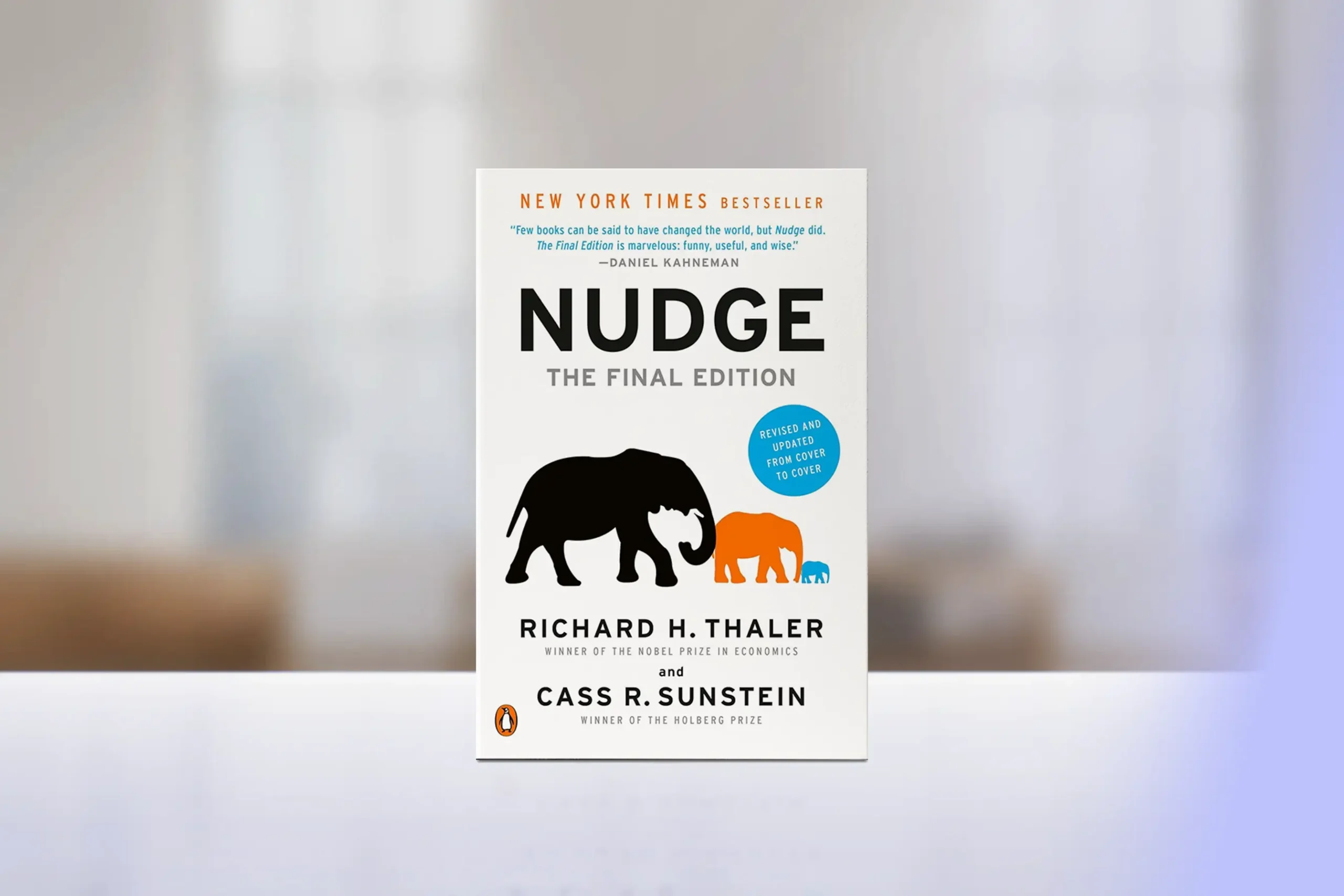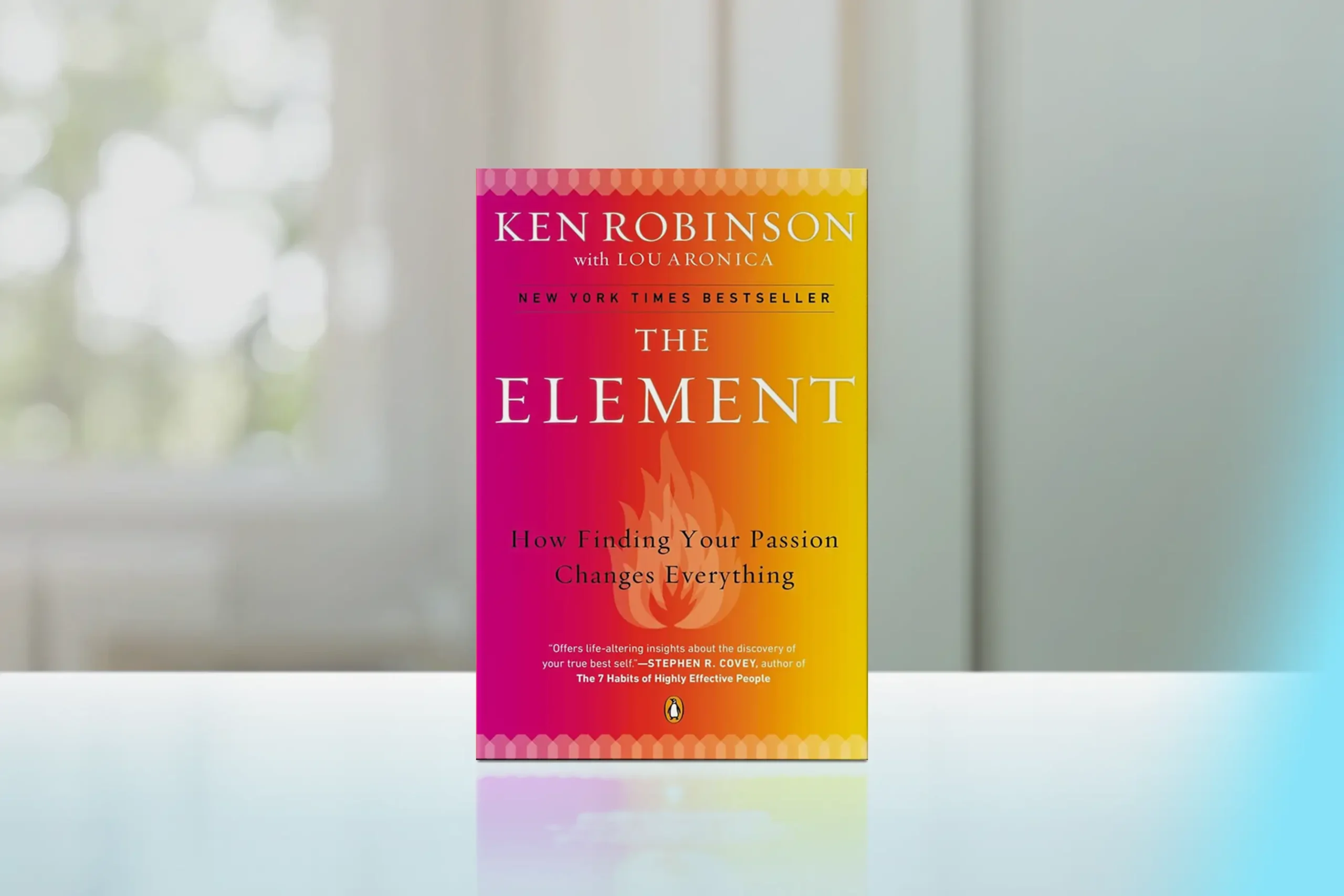Published in 2008 and revised in 2021, “Nudge: Improving Decisions About Money, Health, and the Environment” by Richard H. Thaler and Cass R. Sunstein, emerges as a groundbreaking exploration of how subtle changes in how choices are presented can dramatically impact our decision-making.
The core premise is both simple and revolutionary: by understanding how people actually make decisions, we can design environments that make it easier to choose what’s best for ourselves and society.
Core Concepts
The book revolves around the principle of “libertarian paternalism” – the idea that it’s possible and legitimate to influence behavior while respecting freedom of choice. Through behavioral science and economics, the authors demonstrate how:
- Humans are not purely rational decision-makers but are influenced by cognitive biases and heuristics
- Choice architecture is inevitable and exists in every decision environment
- Small changes in how options are presented can have powerful effects on choices
- Well-designed nudges can help people make better decisions without restricting their freedom
Chapter-by-Chapter Review
Part 1: Humans and Icons
Richard H. Thaler and Cass R. Sunstein explore human decision-making, highlighting the limits of rationality. They distinguish between the Automatic System, which is fast and intuitive, and the Reflective System, which is slow and deliberate. Understanding these systems lays the foundation for why we often make choices that contradict our best interests.
Part 2: Money
This section examines how nudges can improve financial decision-making. The authors provide real-world examples, from automatic retirement savings enrollment to better credit card management, demonstrating how small interventions in choice architecture can help people save more, spend wisely, and avoid costly financial mistakes.
Part 3: Health
Thaler and Sunstein explore applying nudges to healthcare and lifestyle decisions. They show how default options, reminders, and small environmental tweaks can encourage healthier behavior, such as better nutrition, exercise, and preventative care, without restricting personal freedom.
Part 4: Freedom
The authors discuss the ethical balance of nudging, emphasizing that well-designed choice architecture supports informed decision-making without coercion. They argue that nudges can enhance autonomy by guiding people toward better choices while preserving freedom to choose differently if desired.
Part 5: Extensions and Objections
In the final part, Thaler and Sunstein address critiques and potential applications of nudges across society. They explore areas like politics, the environment, and education, while responding to concerns about manipulation, paternalism, and unintended consequences, reinforcing the case for transparent, responsible nudging.
Key Strengths
- Combines rigorous academic research with accessible, engaging writing
- Provides practical, actionable insights for both individuals and policymakers
- Uses compelling real-world examples to illustrate concepts
- Offers a balanced perspective on the ethics of behavioral intervention
Potential Drawbacks
- Some examples may feel dated, particularly in the original 2008 edition
- The theoretical framework might be challenging for some readers to apply independently
- Some critics argue that certain nudges could be seen as manipulative
Who This Book Is For
This book is particularly valuable for:
- Leaders and managers looking to improve organizational decision-making
- Policy makers and public servants interested in behavioral science applications
- Individuals wanting to understand their own decision-making processes
- Anyone interested in how environmental design influences human behavior
Final Review
“Nudge” offers a powerful framework for understanding and influencing human behavior while respecting individual autonomy. The book’s insights are particularly relevant in today’s complex decision-making environment, where small changes can lead to significant improvements in outcomes. The concepts presented are both practical and ethical, though implementing them effectively requires careful consideration and planning.
Whether you’re shaping policy, leading a team, or simply trying to make better personal decisions, the insights in this book will provide you with valuable tools for creating positive change.
Rating: 4.4/5
This groundbreaking book provides invaluable insights for anyone interested in decision-making and behavioral science.
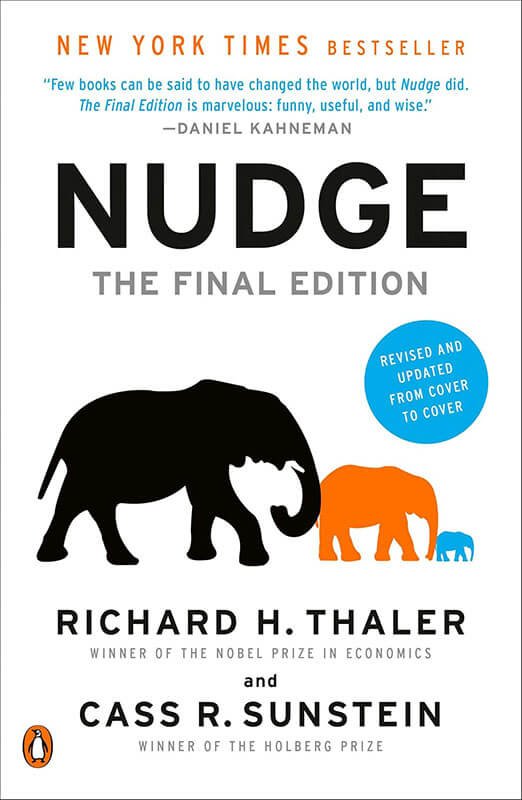
Alternative Books
If you enjoyed “Nudge,” consider these related books from our collection:
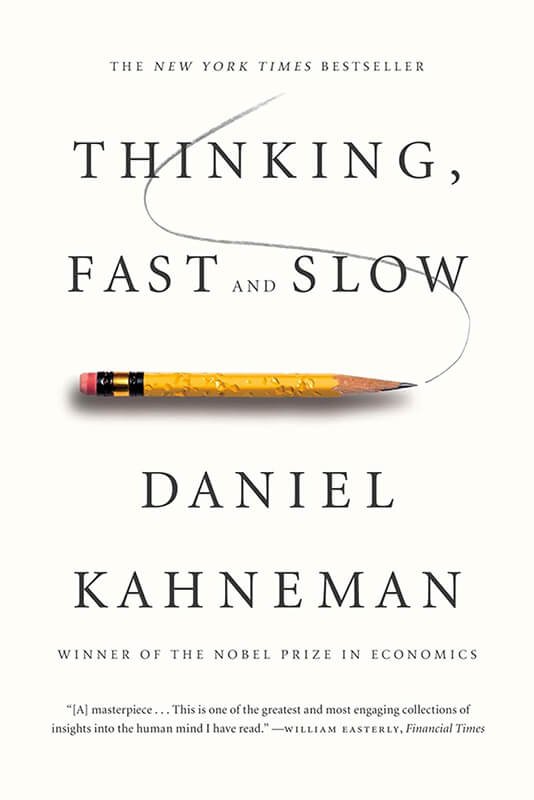
“Thinking, Fast and Slow” by Daniel Kahneman
Provides a deeper dive into the psychological mechanisms behind decision-making.
Rating: 4.6/5
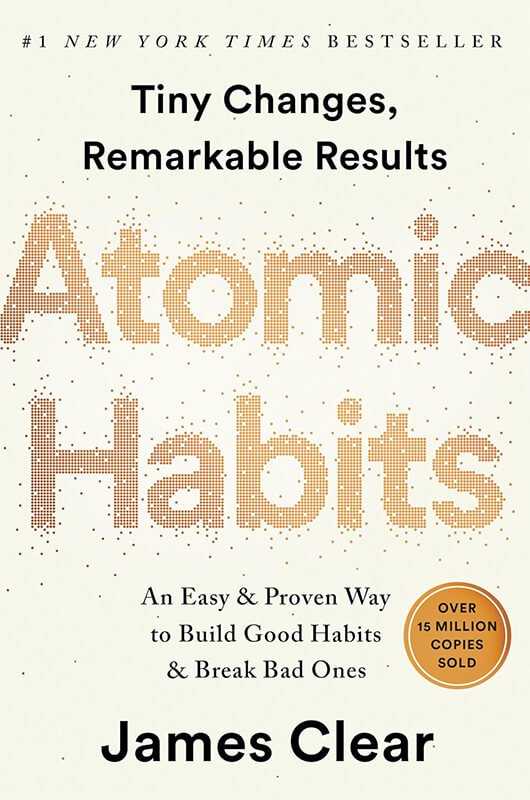
“Atomic Habits” by James Clear
Explores how small changes can lead to remarkable results in behavior change.
Rating: 4.8/5
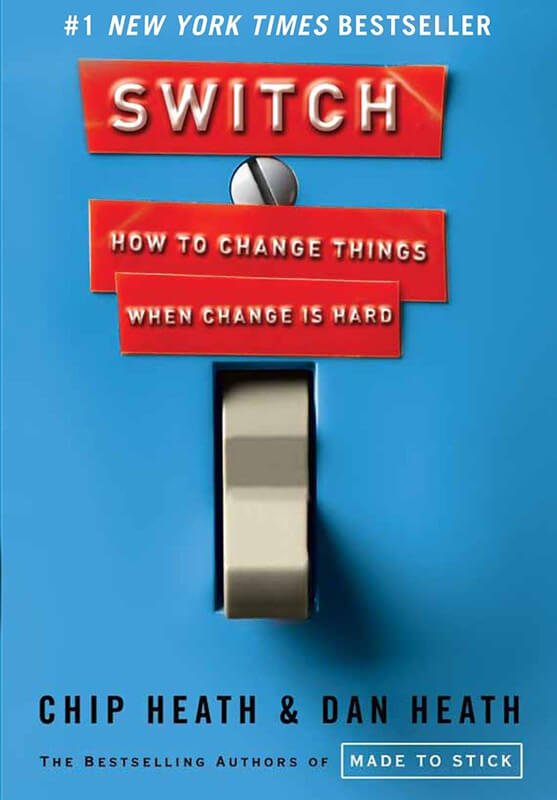
“Switch: How to Change Things When Change Is Hard” by Chip Heath and Dan Heath
Offers practical strategies for implementing behavioral change in organizations and personal life.
Rating: 4.6/5

